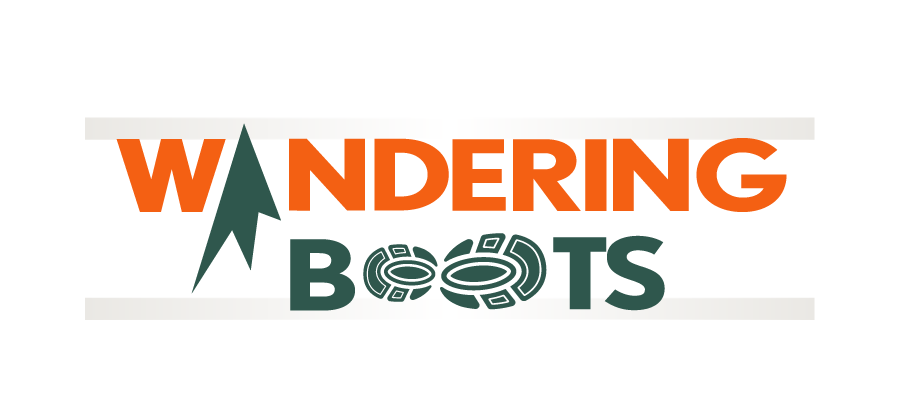- Overview
- Trip Outline
- Trip Inclusions
- Trip Exclusions
- Gallery
- Reviews
- Book Now
- FAQ
Expected Weather
- Chances of rain/ hail – Mild drizzles
- Temperatures- Afternoon upto 20 degrees (May), Nights around zero degrees (May) at higher camps
- Day 1: Drive from Shimla to Sangla
Drive to Sangla and check in a hotel.Sangla sightseeing to Chitkul, Kamru Fort and Rakcham. Overnight stay in a hotel.
- Day 2:
After breakfast, drive to Kalpa. Visit Kinnaur Kailash view and Rogi point. Overnight stay in hotel.
- Day 3:
After breakfast, drive to Tabo. Tabo sightseeing to Tabo Monastery, Key Gompa, Key Monastery. Overnight stay.
- Day 4:
After breakfast, drive to Pin Valley. Visit Dhankar Monastery and Pin Valley National Park. Overnight stay in Hotel.
- Day 5:
After breakfast, drive to Kaza. Visit Kaza locals- Kibber Village, Chicham bridge. Overnight stay.
- Day 6:
After breakfast, Kaza local sightseeing. Visit- Komic Village, Hikkim, Langza Buddha Statue. Overnight stay.
- Day 7:
After breakfast, drive to Chandratal. Visit- Losar, Kunzom La Pass, Chandratal lake. Overnight stay.
- Day 8:
After breakfast, drop to Manali. Visit- Batal, Chattru and Rohtaang pass.Departure
- Pickup from Shimla and drop at Manali
- Rooms on twin sharing basis, extra bedding on demand (will be charged separately)
- All meals barring lunch.
- Cabs while on the trip.
- 5% GST
- Meals or drinks purchased by participants during the travel or trek (example biscuits, fruits etc)
- Rentals for personal clothing (Refer things to get section)
- Trek Insurance (Optional)
- Any extra government charges.
- Flight/Train/Bus ticket till Leh.
- Backpack offloading charges. You are expected to carry your own backpack. Trekkers unable to do so can opt for a porterage service at 600/day
- Staff Tips
It is mandatory for the trekkers on this program to carry their own trekking bags along with their tents, sleeping bags, cooking materials, and ration. The trekkers are expected to have good endurance and fitness levels to be a part of this program. If we find a trekker unfit, we reserve the right to deny the trekker’s participation for this program.
A certified trek leader and a guide will accompany you during the trek.
You can prepare for the trek with a combination of Cardio & Strength activities
4-5 kms slow jog OR 6-7 kms Brisk walking OR 25 kms cycling. Pace is not important, consistency is important (non-stop jogging/running/cycling)
Squats 20 x 3, Lunges 20 x 3, Calf raises 20 x 3
All of the above at least 4 times a week
Climbing stairs 40 floors with backpack (At least once a week)
- Good Sturdy Backpack: Prefer a trekking pack over a backpacking one. A 60- 70 litre pack should suffice.
- Trekking Shoes: Any Waterproof trek (not hike) shoes would be ideal.
- Socks: 2 pair cottons and 2 pairs of woolens.
- Trek pants (Ideally Water Resistant): They are very important and help you a great deal on your trek. You can get two quick dry summer trek pants if you don’t have a trek pants, you can replace it with Gym Track pants. Don’t trek in Jeans/Pants.
- T shirt/ Base layer: One can get 2 T shirts/trekking base layer on the trek, one of which can be full sleeves. Avoid cotton and prefer dry fit.
- Down/ Padded Jacket: Not required. 1 fleece jacket & 1 rain jacket should be enough.
- Thermals: 1 pair. We wear thermals only upon reaching the campsite not while trekking.
- Rainwear:
Option A - Rain set - One Waterproof jacket (3000 mm waterproofing), Rain proof pants and Bag cover
Option B – Poncho - Covers your body and bag completely. We recommend Option A as poncho makes trekking difficult.
- Windproof Jacket: Not needed
- Woolen Cap/ Balaclava (1): To cover your ears, head and neck. Get one woolen cap and one neck warmer or balaclava.
- Neck Warmer/ Scarf : Not required.
- Gloves : 1 thin pair is enough
- Suncap & Sunglasses: 1 each
- Toiletries: Also include sunscreen, moisturizer and lip-cream
- Headlamp/Torch: 1. Preferably head lamp.
- 1 water bottle (1 litre): Capable of holding hot water
- One hydration pack: 1 litre
- Camp shoes/Flip flops for camp
- Plastic covers for inside the backpack to keep your clothes dry
- Daypack: 20L
- Documents: 2 passport sized photograph, Address and Photo proof (Driving License or Aadhaar card)
- Doctor’s Medical certificate saying that you are fit for the trek. We reserve the right to not take you on the trek if you fail to produce this.
You will be sleeping in twos or threes in your tents in sleeping bags. The sleeping bags are snug and comfortable. We will be providing inflatable pillows.
The common perception is that alcohol makes you feel warmer, however it also dehydrates you & dehydration can be fatal while trekking. Hence consumption of alcohol is prohibited. Smoking in camps is not allowed.
We’ve been organizing treks for over five years and have had many female trekkers trek with us. In fact, a lot of them come solo for treks. There has never been a complaint about the atmosphere of a trek, about other trekkers or our professionalism. They have all been kind enough to leave a review.
No. Guests are expected to carry their own power banks.
In all the camps where the accommodation is in tea houses/ home stays, there will be proper toilets. The toilets are mostly western, in case if they‘re Indian, then we try to provide a toilet seat most of the times.
On the day of camping, we will have toilet tents (with a dry pit toilet), the most hygienic way of answering nature’s call.
A dry pit toilet is an eco-friendly sanitation solution featuring a pit dug into the ground, topped with a toilet seat and a wrought iron stand. Near the toilet, a pile of mud, sand, or coco peat is provided for covering waste after use, facilitating rapid breakdown of fecal matter due to increased microbial activity. This method eliminates the need for water, thereby preventing contamination of nearby water sources, as water toilets are prohibited at campsites.
While toilet paper is available, please use it sparingly to avoid overloading the pit, which can take years to decompose. Please refrain from using wet wipes as they are not biodegradable or use biodegradable wipes.
Through the trek, there are no bathing facilities at campsites. Trekkers often take advantage of running streams to freshen themselves up.
Most wild animals are naturally wary of human activity and prefer to stay in more remote, quieter parts of their habitat. Here’s why wild animals typically do not approach camps.
If you cancel –
– 60 days before the trip: we can process a complete refund minus minimum processing charges.
– Between 30-45 days before the trip: you will be refunded 50% of the trek fee.
– Within 30 days before the trek starts: No refund.
– If your spot is replaced in a full batch: we will process a complete refund after canceling minute operational charges. (For fixed departures only)


There are no reviews yet.